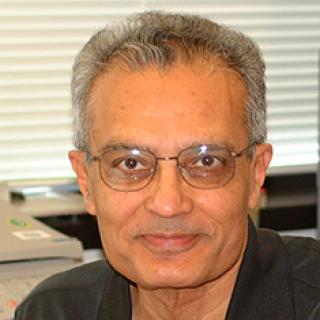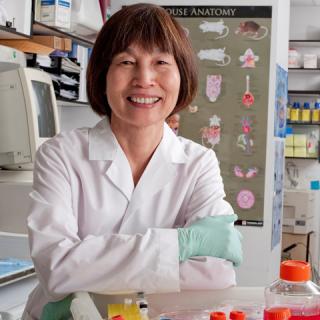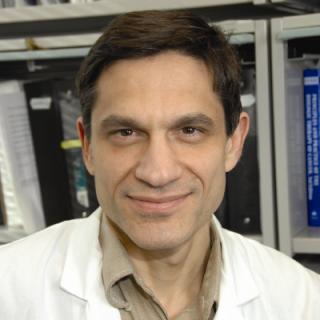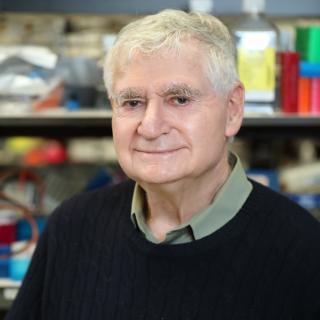Laboratory of Molecular Biology
Information for Patients
Learn more about our clinical trials and the highly specialized care teams that lead them.
Laboratory of Molecular Biology
About
The Laboratory of Molecular Biology was established by Dr. Ira Pastan in 1971 and currently pursues 3 major areas of research to understand and treat cancer. One area comprises the study of antibody based cancer treatments for hematologic, liver and mesothelin based cancers. Another area is modeling of thyroid hormone based cancers. The third area focuses on basic biochemical processes of gene transcription, post-translational regulation, molecular chaperone systems that manage protein damage, and the localization and assembly of large protein structures. The members of LMB past, current and future are indebted to Dr. Pastan for his 50 years building and guiding the Lab.
Dr. Pastan carries out research directed at designing, producing, and testing recombinant immunotoxins to treat cancer. Recombinant immunotoxins (RIT) are genetically modified forms of Pseudomonas exotoxin A that are targeted to cancer cells by the Fv portion of antibodies. Cancer targets include CD22, expressed on many B cell leukemias, and mesothelin, expressed on mesothelioma, pancreatic cancer and other solid tumors. Moxetumomab pasudotox is a RIT targeting CD22 that has been approved by the FDA for treatment of drug resistant Hairy Cell Leukemia.
Dr. Kreitman studies Hairy Cell Leukemia therapies and conducts clinical trials of recombinant immunotoxins for Hairy Cell Leukemia as well as other hematologic malignancies.
Dr. Fitzgerald studies toxin- and immunotoxin-mediated cell death as well as strategies to make immunotoxin treatments more effective as cancer therapy agents.
Dr. Ho studies glypicans such as GPC3 and GPC2 as new cancer targets. His group uses antibody engineering to generate novel antibody-based therapies for treating liver cancer, childhood cancers and other solid tumors, and explores their mechanism of action.
Dr. Cheng has developed mouse models of thyroid cancer and other thyroid hormone-related human diseases to elucidate molecular events in the development and progression of these diseases and to identify molecular targets for prevention, diagnosis, and treatment.
Dr. Adhya studies the mechanism and control of gene transcription, emphasizing the structure, function, and dynamics of the transcription intermediates and their regulatory complexes.
Dr. Gottesman studies post-transcriptional regulation in bacteria, focusing on small regulatory RNAs and regulated proteolysis.
Dr. Wickner's group studies the mechanisms by which ATP-dependent molecular chaperone machines reactivate damaged proteins, solubilize protein aggregates and target irreversibly inactivated proteins for proteolysis. Understanding these mechanisms is providing the foundation for the development of drugs that target chaperones for use in treating cancer.
Dr. Ramamurthi studies how proteins localize to particular regions within the cell and how they subsequently assemble into large structures.
Dr. Alewine focuses on the use of immunotoxin therapeutics for pancreatic cancer patients.
Dr. Khare studies mechanisms underlying complex microbial behaviors including interspecies interactions, and antibiotic persistence.
Clinical Trials
Job Vacancies
We have no open positions in our group at this time, please check back later.
To see all available positions at CCR, take a look at our Careers page. You can also subscribe to receive CCR's latest job and training opportunities in your inbox.
News
Learn more about CCR research advances, new discoveries and more
on our news section.











